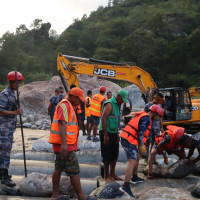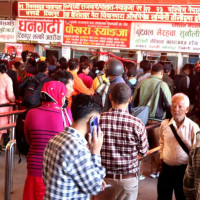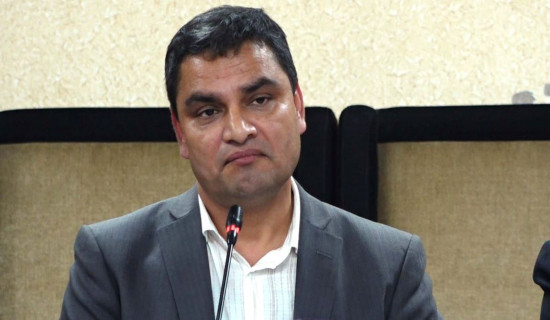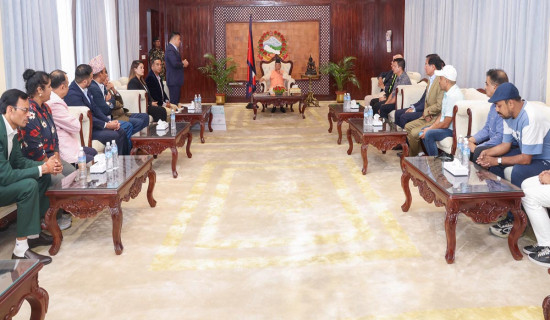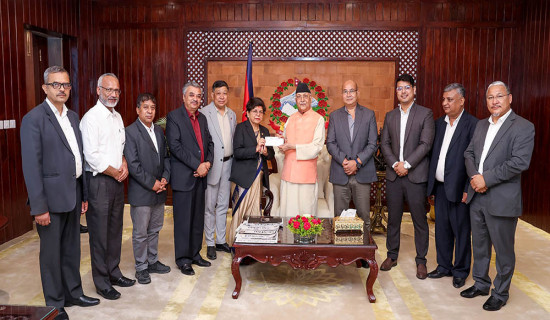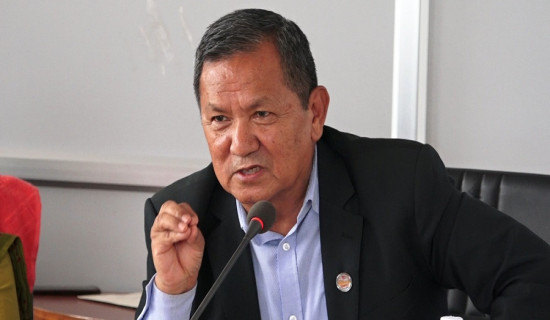- Wednesday, 9 October 2024
International Conference on Civilization concludes in Kathmandu
Kathmandu, Oct 9: An international conference titled “What is Civilization? Envisioning the Future of Humanity” was successfully held in Kathmandu recently. A public forum began on October 4 at Hotel Ambassador in Lazimpat, followed by the remaining proceedings at Club Himalaya in Nagarkot.
Organized by the ASIAR research cluster at the Hong Kong Institute for the Humanities and Social Sciences, University of Hong Kong, in collaboration with the Asian Institute for Advanced Research (AIFAR), Kathmandu, the Centre for Studies in Science and Humanities at Beijing Normal University, and the Center on Modernity in Transition in the USA, the event was sponsored by the Institute for Global Civilization.
The conference brought together over thirty scholars from various countries, including China, India, the United States, the United Arab Emirates, Pakistan, Hong Kong, and Nepal, who presented a variety of perspectives on civilizations, including the influence of new technologies like artificial intelligence.
The key themes addressed included the crisis of civilization between East and West, interfaith relations and social harmony, and the unity and diversity in the emergence of a global civilization. Notably, discussions also examined philosophical insights from figures such as Heidegger, Tagore, and Kang Youwei regarding the future of civilization.
The public forum engaged Nepali media, scholars, and experts in meaningful discussions about the pressing issues related to civilization in today's world.
Professor David Palmer from the University of Hong Kong and Executive Director of the Institute for Global Civilization highlighted the importance of seeking common ground among civilizations, stating, “In today's contested world, we must prioritize the shared values that unite us rather than focusing solely on our differences. A concept of civilization is vital for envisioning the aspirations of global society and establishing the ideals and principles that guide our collective progress.”
Dr. Bikram Timilsina, Chair of AIFAR and one of the event’s organizers said, “We are honored to have held this significant event in a country that represents a confluence of great civilizations. Nepal serves as a remarkable case study for understanding how diverse civilizations—rooted in religion, ethnicity, and other identities—can coexist peacefully. This made it an ideal venue for such an important gathering.”
The organizers believed that the conference concluded leaving participants with profound insights into the past, present, and potential future of civilizations, while fostering dialogues aimed at nurturing a more inclusive and respectful global society. (RSS)


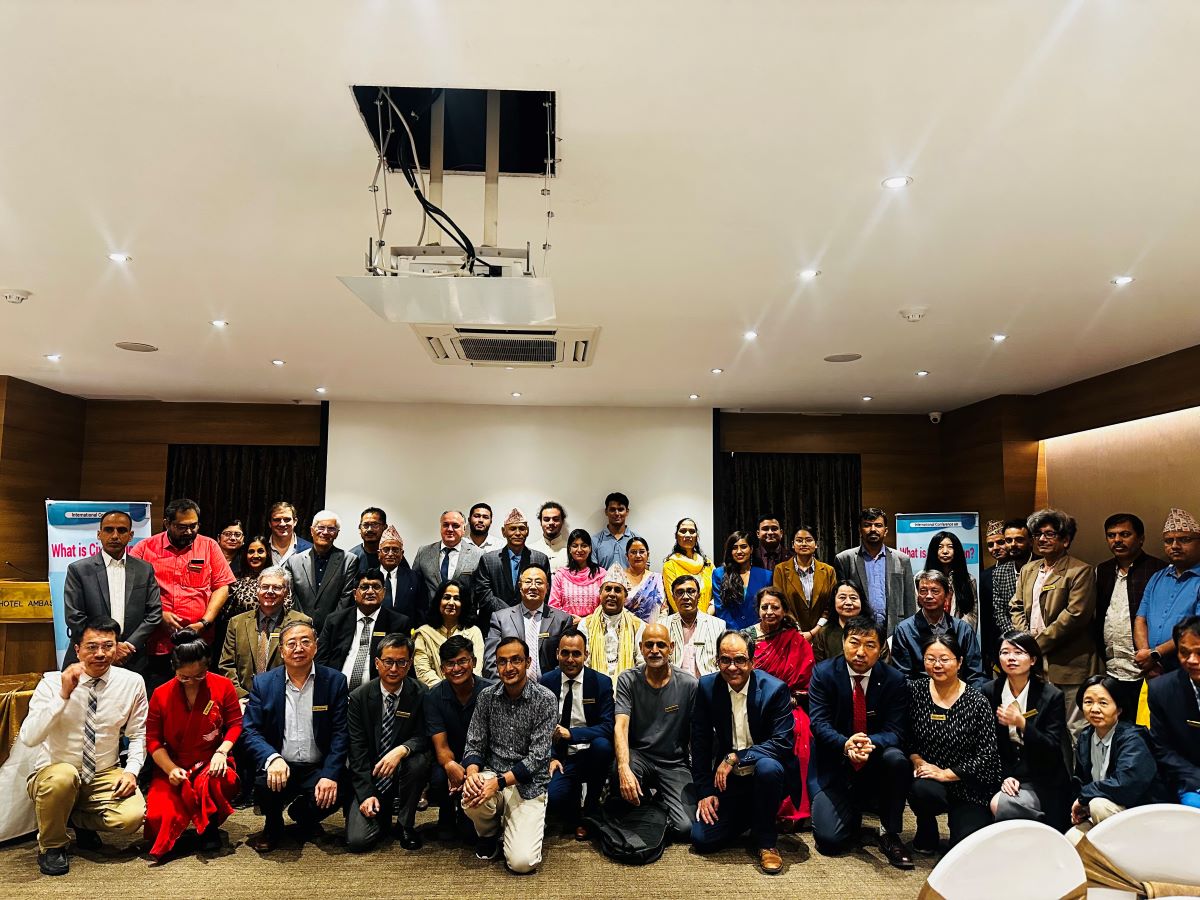

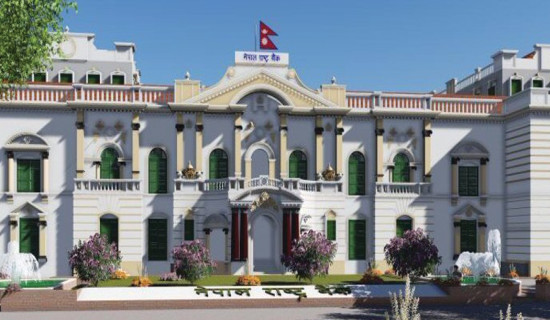
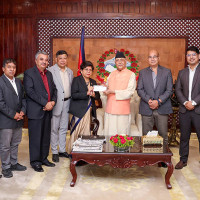
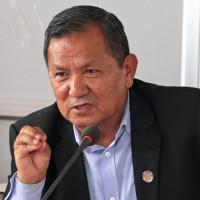
-original-thumb.jpg)
